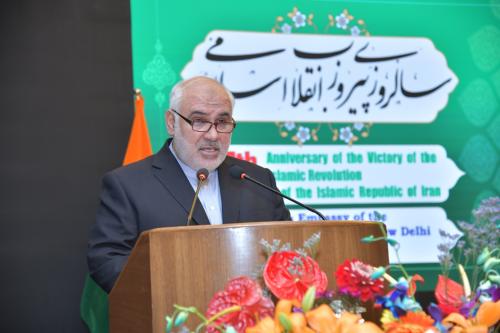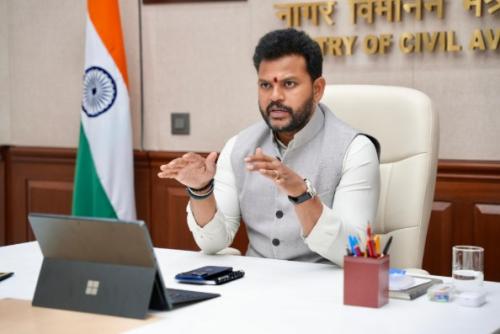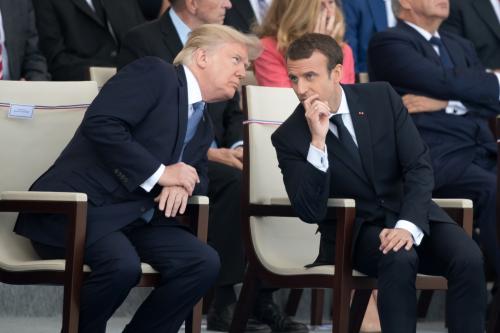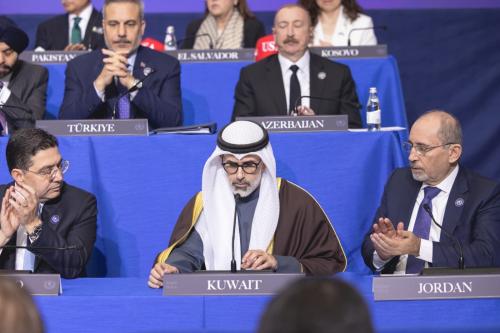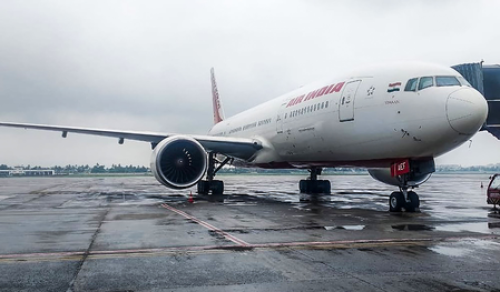VISHNU MAKHIJANI The most abiding image that most Indians, who were present then, have of Acharya Kripalani was of him sharing the centrestage with Loknayak Jayaprakash Narayan and naming Morarji Desai as the leader of the Janata Party in Parliament (and therefore India's first non-Congress Prime Minister) after the historic 1977 general elections. But there was much more to Jivatram Bhagwandas Kripalani (November 11, 1888 - March 19, 1982) than that famous appearance of his in the Central Hall of Parliament. The Gandhian leader who was popularly known as Acharya Kripalani, who was played by Anang Desai in Richard Attenborough's 'Gandhi', courted arrest on many occasions during the freedom struggle; he was General Secretary of the Indian National Congres for 12 years -- perhaps the longest anyone has held the post -- and was elevated to its presidency to rebuild the party during the transfer of power in 1947. He was also the first to rebel against Prime Minister Jawaharlal Nehru and moved a no-confidence motion against the government in the wake of the disastrous 1962 Sino-Indian War. And he was the husband of Sucheta Kripalani, the first Indian woman to become the Chief Minister of a state. Acharya Kripalani was an educationist, which explains his Acharya honorific, and environmentalist, mystic, and for long a Gandhian socialist before switching to the right-wing Swatantra Party. Growing close to Gandhi, he was at one point one of the Mahatma's most ardent disciples. After Independence, disputes between the party and the government over procedural matters affected Kripalani's relationship with his colleagues in the government. And eventually, he became famous among generations of dissenters, from the Non-Cooperation Movement of the 1920s to the movement against corruption leading up to the Emergency in 1975, as a source of inspiration. Kripalani was born in Hyderabad (Sindh) in 1888. Following his education at Fergusson College in Pune, he worked as a schoolteacher before joining the freedom movement in the wake of Gandhi's return from South Africa. From 1912 to 1917 he worked as a lecturer of English and History at L.S. College (then known as Grier B.B. College), Muzaffarpur, Bihar, and was involved in the Non-Cooperation Movement of the early 1920s. Thereafter, he joined Gandhi's ashrams in Gujarat and what is now Maharashtra, working on social reform and education, before leaving for Bihar and the United Provinces to teach in and organise new ashrams. He courted arrested on numerous occasions for his role in the Civil Disobedience Movement (1930) -- he was one of the main organisers of the Salt Satyagraha -- and later of Gandhi's last big national protest, the Quit India Movement. He served in the interim government (1946-1947) and was a member of the Constituent Assembly, but despite being ideologically at odds with both Vallabhbhai Patel and Jawaharlal Nehru, he was elected Congress President in 1947. After Gandhi's assassination in January 1948, Nehru rejected Kripalani's demand that the party's views should be sought in all decisions. Nehru, with the support of Patel, told Kripalani that while the party was entitled to lay down the broad principles and guidelines, it could not be granted a say in the government's day-to-day affairs. This precedent became central to the relationship between government and the ruling party in subsequent decades. Nehru, however, supported Kripalani in the election of the Congress President in 1950, but he was defeated by Patel's candidate Purushottam Das Tandon. Bruised by the defeat, and disillusioned by what he viewed as the abandonment of the Gandhian ideal of countless village republics, Kripalani left the Congress and became one of the founders of the Kisan Mazdoor Praja Party (KMPP). This party subsequently merged with the Socialist Party of India to form the Praja Socialist Party (PSP). Kripalani remained in the opposition for the rest of his life and was elected to the Lok Sabha in 1952 (he lost General Election that year from Faizabad, UP, as a KMPP candidate, but won a byelection as a PSP candidate from Bhagalpur, Bihar), 1957 (from Sitamarhi, also in Bihar, as a PSP candidate), 1963, and then in 1967 (as a Swatantra Party candidate in a byelection in Guna, Madhya Pradesh, the seat now held by Jyotiraditya Scindia). Sucheta Kripalani, whom he married in 1938, briefly joined KMPP but subsequently returned to the Congress, and headed several Central ministries. When the Congress split in 1969, she opted for the Congress (Organisation), led by S. Nijalingappa, Atulya Ghosh and Morarji Desai. Although he remained active in electoral politics, Kripalani became more of a spiritual leader of the Socialists than anything else; in particular, he was generally considered to be, along with Vinoba Bhave, the leader of what remained of the Gandhian faction. He was active, along with Bhave, in preservation and conservation activities throughout the 1970s. In 1972-3, he agitated against the increasingly authoritarian rule of Nehru's daughter and the then Prime Minister, Indira Gandhi. Kripalani and Jayaprakash Narayan believed that Indira Gandhi's rule had become dictatorial and anti-democratic. Her conviction in 1975 on charges of using government machinery for her election campaign galvanised her political opposition and public disenchantment against her policies. Along with Jayaprakash Narayan, Kripalani toured the country urging non-violent protest and civil disobedience. When the Emergency was declared as a result of the vocal dissent he helped stir up, Kripalani was among the first of the Opposition leaders to be arrested on the night of June 26, 1975. Kripalani survived the Emergency and saw the first non-Congress government since Independence following the Janata Party victory in the 1977 polls. He and Jayaprakash Narayan, the two leading lights, were asked to choose the parliamentary leader of the new party -- and they opted for Morarji Desai. Kripalani died on March 19, 1982, at the Civil Hospital in Ahmedabad, aged 93. A postage stamp was issued on November 11, 1989, to commemorate the 101st anniversary of his birth.
Lifelong dissenter who challenged the Raj, then took on Nehru, Indira
- by Rinku
- August 02, 2022 2 minutes
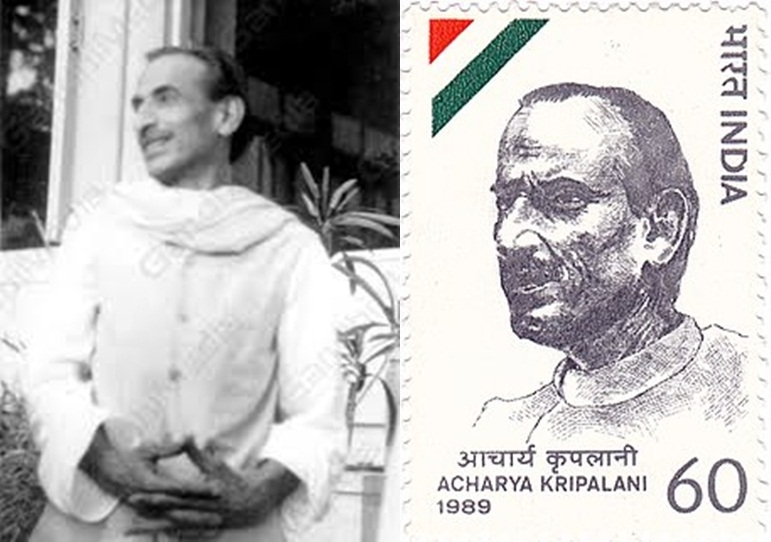
Lifelong dissenter who challenged the Raj, then took on Nehru, Indira.





